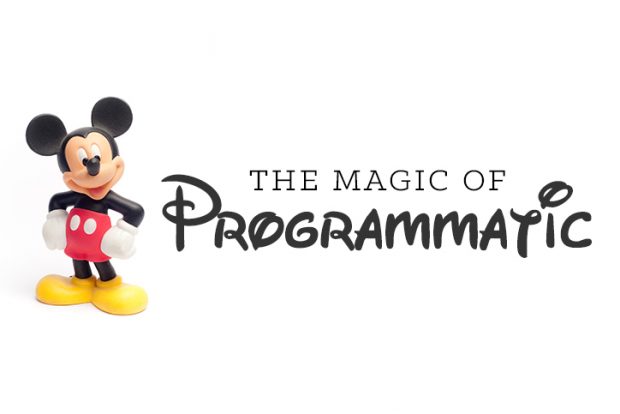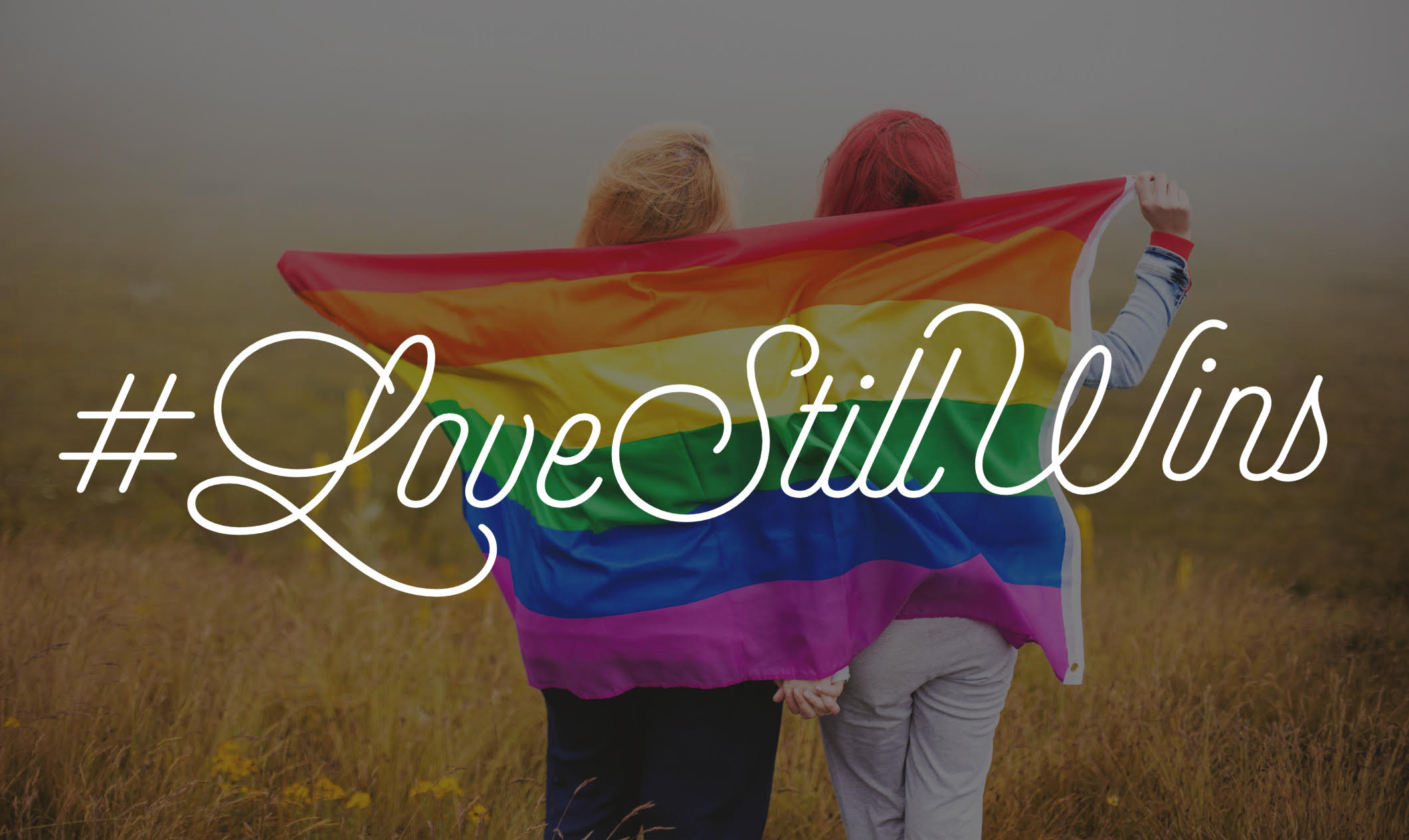Nebo’s Guide to Programmatic Advertising … Disneyfied

From the inception of the first banner ad to today’s AI chatbots, digital advertisers have had to continually adapt to changing business demands, new media technologies, disruptive mediums and of course, increasingly savvy audiences. The latest trend in our ever-evolving industry? Programmatic advertising, aptly named the “future of digital marketing.”
Programmatic ad spend is estimated to hit $20 billion this year in the U.S. alone and reach $38.5 billion by the end of 2020, as cited in Business Insider. But while the numbers continue to skyrocket, advertisers continue to be mystified by programmatic advertising. In fact, nearly 41% of marketers admit they are either unaware or lack understanding of programmatic ad buying. Let our programmatic advertising guide help clear things up. From The Little Mermaid to Inside Out, we’ll use Disney-inspired examples to simplify this so-called programmatic revolution, as well as identify the next steps in finding the right programmatic partner for you.
Want Your Emails to Stand Out? Start Personalizing

Email is magic — everyone knows it. On average, it yields an ROI of $44 for every $1 spent. It converts high, and unlike many forms of advertising, people actually look forward to it. More than any other form of marketing, email builds an intimate relationship with consumers. And that is exactly its downfall.
How Much is the Internet Worth to You?

Have you ever gone home excited to binge-watch your favorite Netflix show, only to discover your internet connection is incredibly slow? So slow that you wait, watching that spinning wheel for what feels like an eternity, but it’s so painful that you finally give up?
The Most American Story of All Time

It’s been said that America has no culture of its own. Three days ago, I thought that was true. After all, even the most ‘Merican of the ‘Merican traditions come from everywhere but America. Fireworks come from China. Hot dogs were invented by the Germans. Baseball — that great national pastime of ours — was first played in England. And Justin Bieber is from Canada.
For the 4th of July, I set out to write a post debunking so-called “American” culture and traditions. But in the words of the Scots poet Robert Burns (words later stolen by dirty thieving American John Steinbeck — go figure), “The best laid plans of mice and men often go askew.”
Instead, I found a story that represents everything America stands for. It is a tale of entrepreneurship and the great Melting Pot; of the American Dream; of fast food, corn syrup solids and red dye 40.
It is the most American story of all time: the story of the Flamin’ Hot Cheeto.
Our Cyborg Future: Why the Merger of Man and Machine is Inevitable

From the launch of the first BlackBerry smartphone in 2003 until sometime around 2014, in the marketing and tech industries, every year was declared “the Year of Mobile.” As marketers, we didn’t really know if or when the Year of Mobile had ended until it was suddenly, really, clearly over. Without a doubt, the Year of Mobile is behind us, and the marketing buzzword of choice is now AI.
Why Marriage Equality Isn’t Enough and Why #LoveStillWins

We’re about to embark on the anniversary of the Supreme Court’s ruling that made marriage equality possible for all. We celebrated in 2015 and we’ll celebrate again this year, because this is something we celebrate every day.